Recently, the Supreme Court delivered a ruling that U.S. citizens don’t have an automatic right to bring their noncitizen spouses to the country.
This case, sparked by a Californian’s struggle to secure a green card for her Salvadoran husband, illustrates a significant pivot in how spousal visas are viewed legally across the nation.
A Divisive Outcome

In a split decision of 6-3, the Supreme Court sided against a California woman who sought justice after her husband’s visa application was unexpectedly denied.
This ruling is a step back for U.S. citizens who wish to fight visa denials, constricting the legal paths available for families striving to reunite on American soil.
The Court’s Perspective
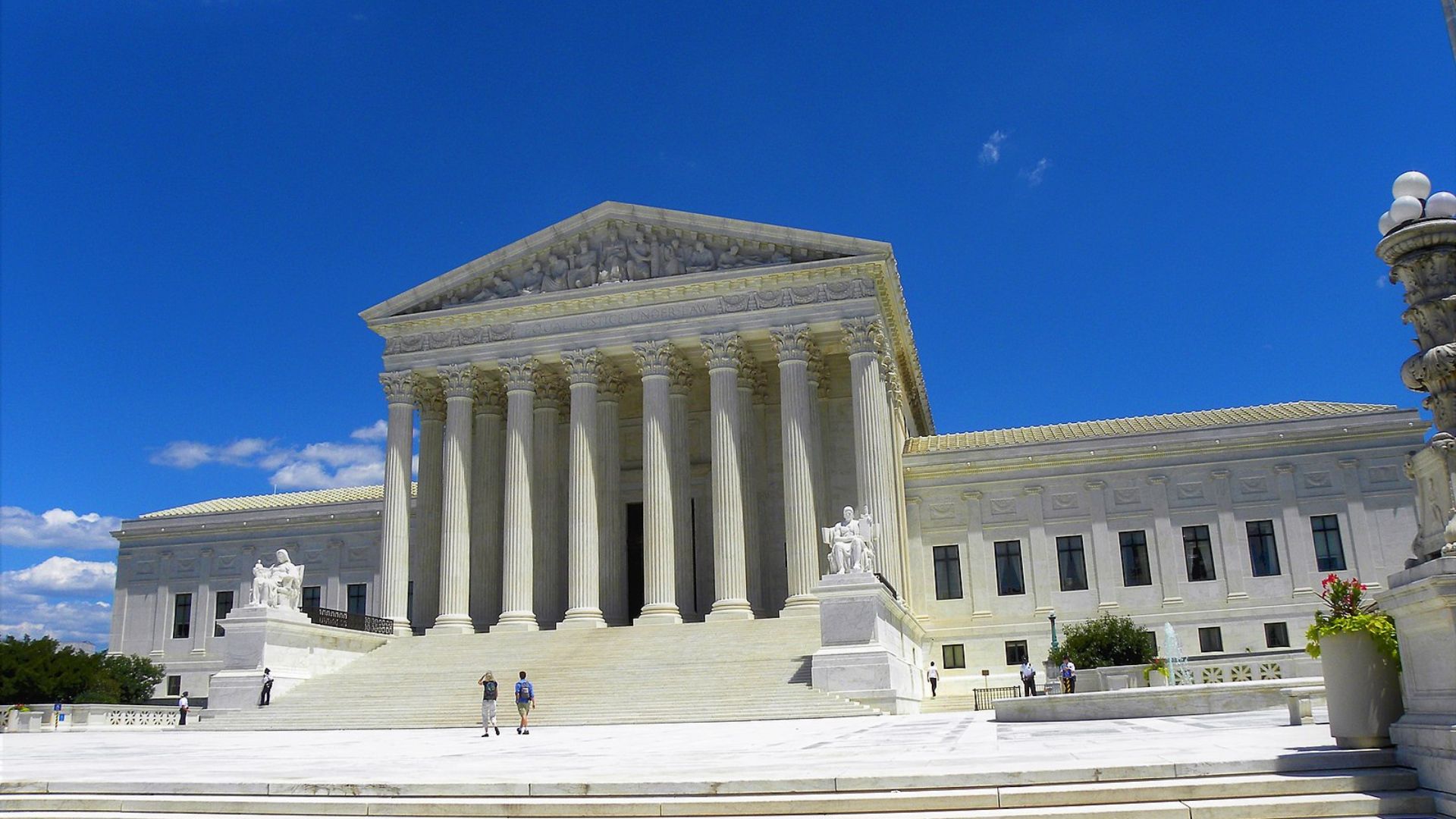
Justice Amy Coney Barrett, representing the majority, explained, “This is an area in which more than family unity is at play: Other issues, including national security and foreign policy, matter too.”
She highlighted that while Congress can address these issues through immigration laws, the Constitution does not mandate such measures.
Political Dynamics at Play
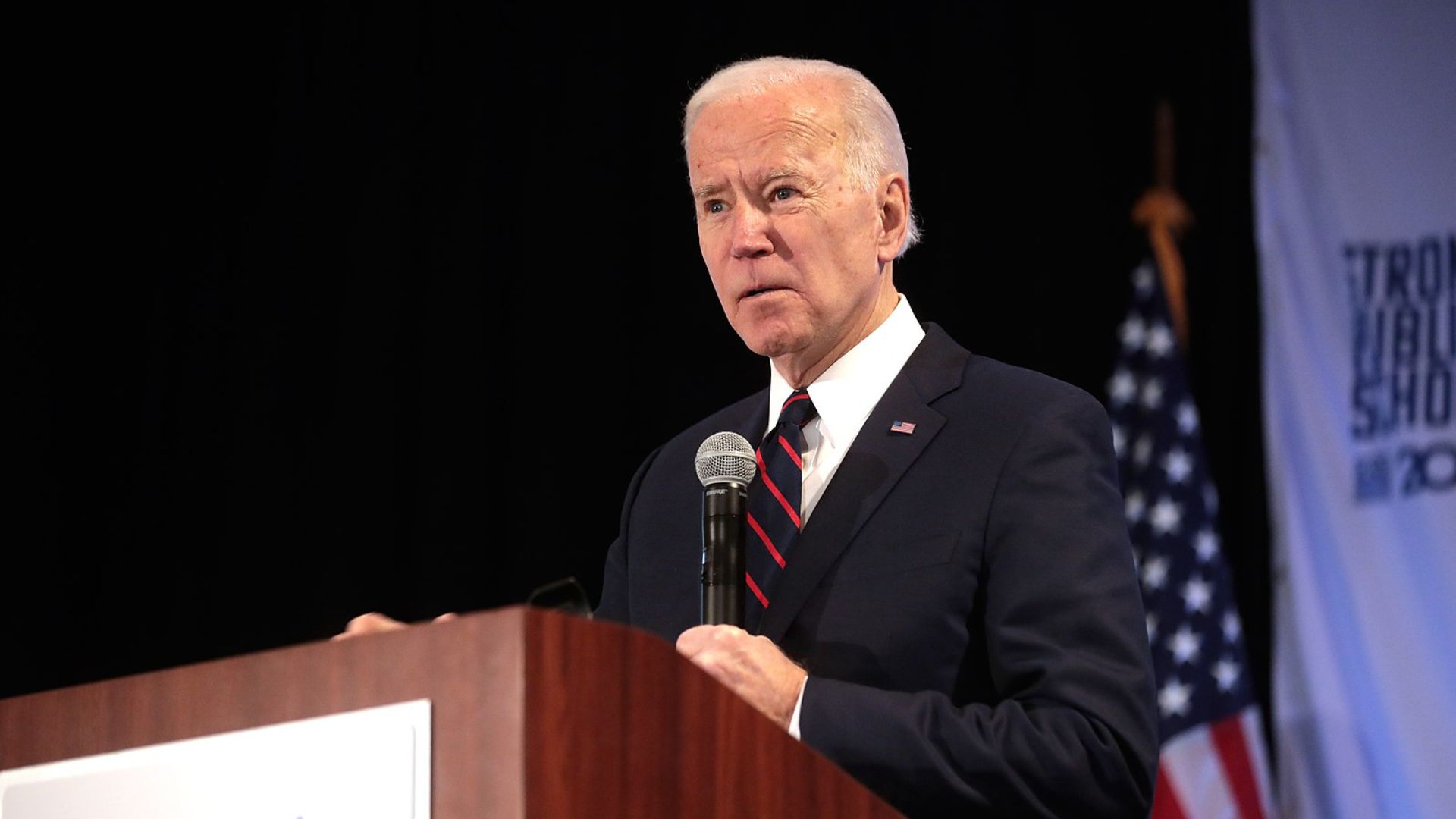
The Biden administration played a crucial role in this case, advocating for a ruling against the couple involved.
This stance has sparked a wave of frustration among immigrant rights groups and put a spotlight on the ongoing debate about the direction of U.S. immigration policy.
The Story Behind the Case

Sandra Muñoz, a workers’ rights attorney from California, has been embroiled in a protracted legal battle since she married Luis Asencio-Cordero, a Salvadoran, in 2010.
Their journey through the U.S. immigration system began in earnest when she applied for a spousal visa, a process fraught with obstacles and delays.
An Interview Gone Awry

The couple’s challenges culminated in 2015 when Asencio-Cordero returned to El Salvador for a standard visa interview.
What was supposed to be a routine procedure led to an indefinite separation after the U.S. consulate declined his application citing potential illegal activities, yet failed to provide a comprehensive reason for the decision.
Questionable Grounds for Rejection

Long after his visa was denied, it came to light that a consular officer flagged Asencio-Cordero for possible gang affiliations, purely based on his tattoos.
Defending his tattoos as expressions of his intellect and faith, Asencio-Cordero challenged the assumptions underlying the consulate’s suspicions.
A Favorable Initial Verdict

Initially, the Ninth Circuit Court of Appeals found in favor of Muñoz in 2022, stating that she had a “liberty interest in her husband’s visa application” and deserved at least a basic explanation for the denial.
This recognition of due process offered a glimmer of hope before the higher court’s intervention.
Supreme Court Reverses Course

Ultimately, the Supreme Court overturned this earlier decision, declaring that Muñoz lacked legal standing in her husband’s visa application because he was a noncitizen outside the U.S.
This ruling effectively removed her ability to appeal the consular decision, setting a precedent for similar future cases.
Voices of Dissent
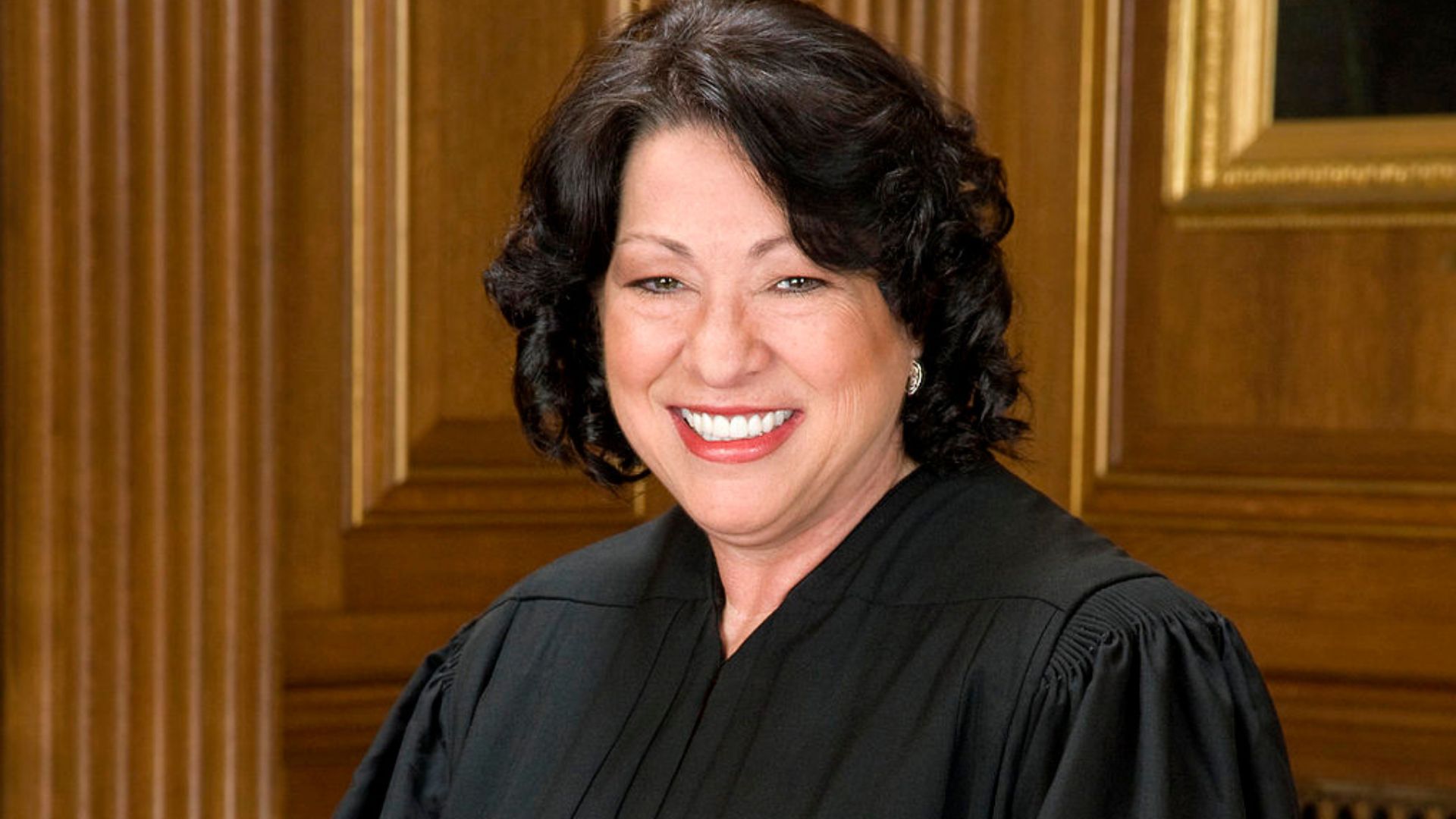
Justice Sonia Sotomayor, writing for the dissent, argued forcefully that the administration should provide clear reasons for visa denials.
She noted the severe implications such decisions have on economically vulnerable and same-sex couples, who may be disproportionately affected by such policies.
Sharp Criticism from Advocates
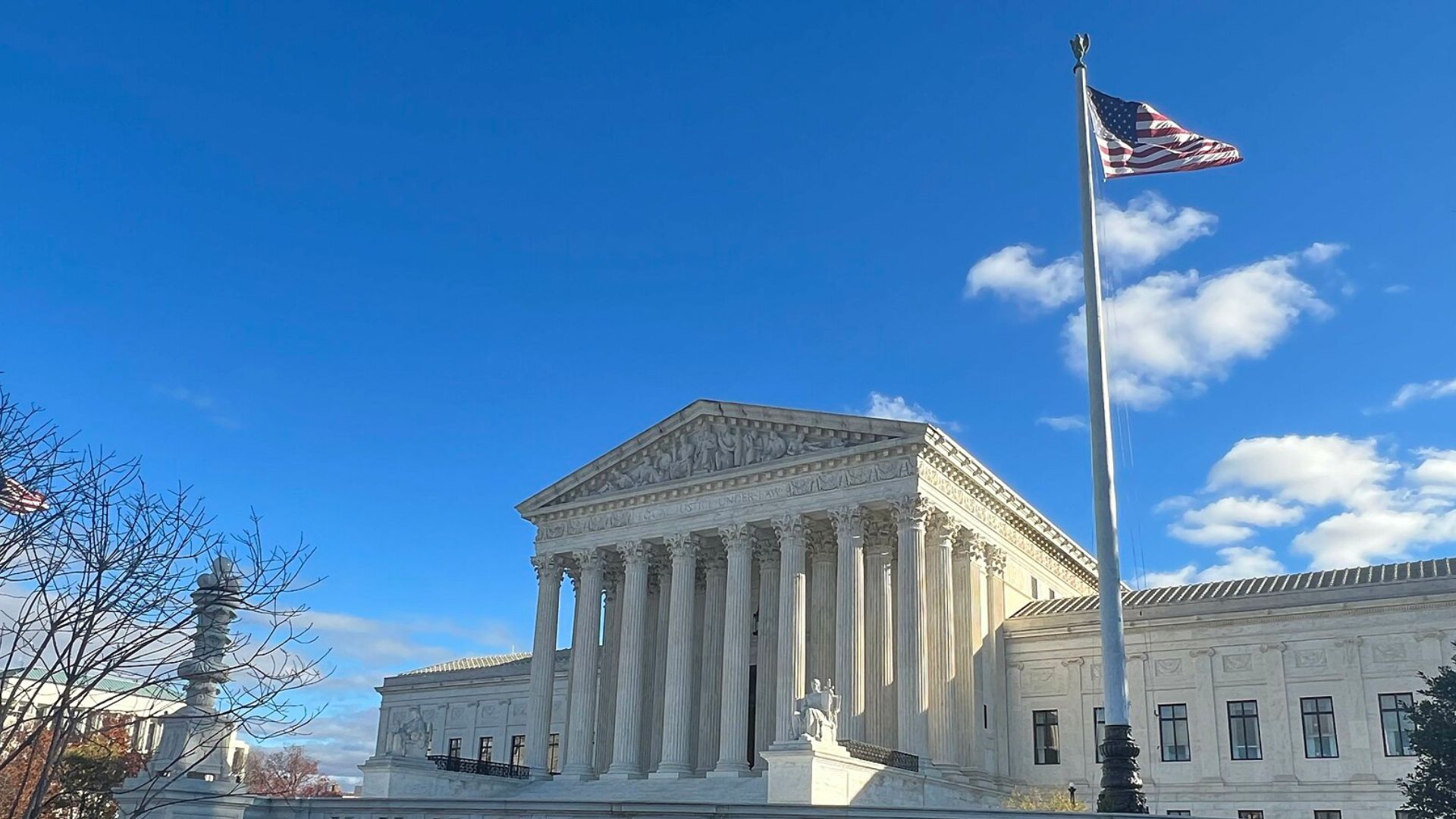
Charles Roth, a prominent figure in immigrant justice, vehemently criticized the Supreme Court’s decision, stating, “It makes a mockery of due process to say that a U.S. citizen can be separated from their spouse without any chance to have judicial review.”
His disappointment was palpable, particularly after the earlier legal victory.
Contextualizing New Policies
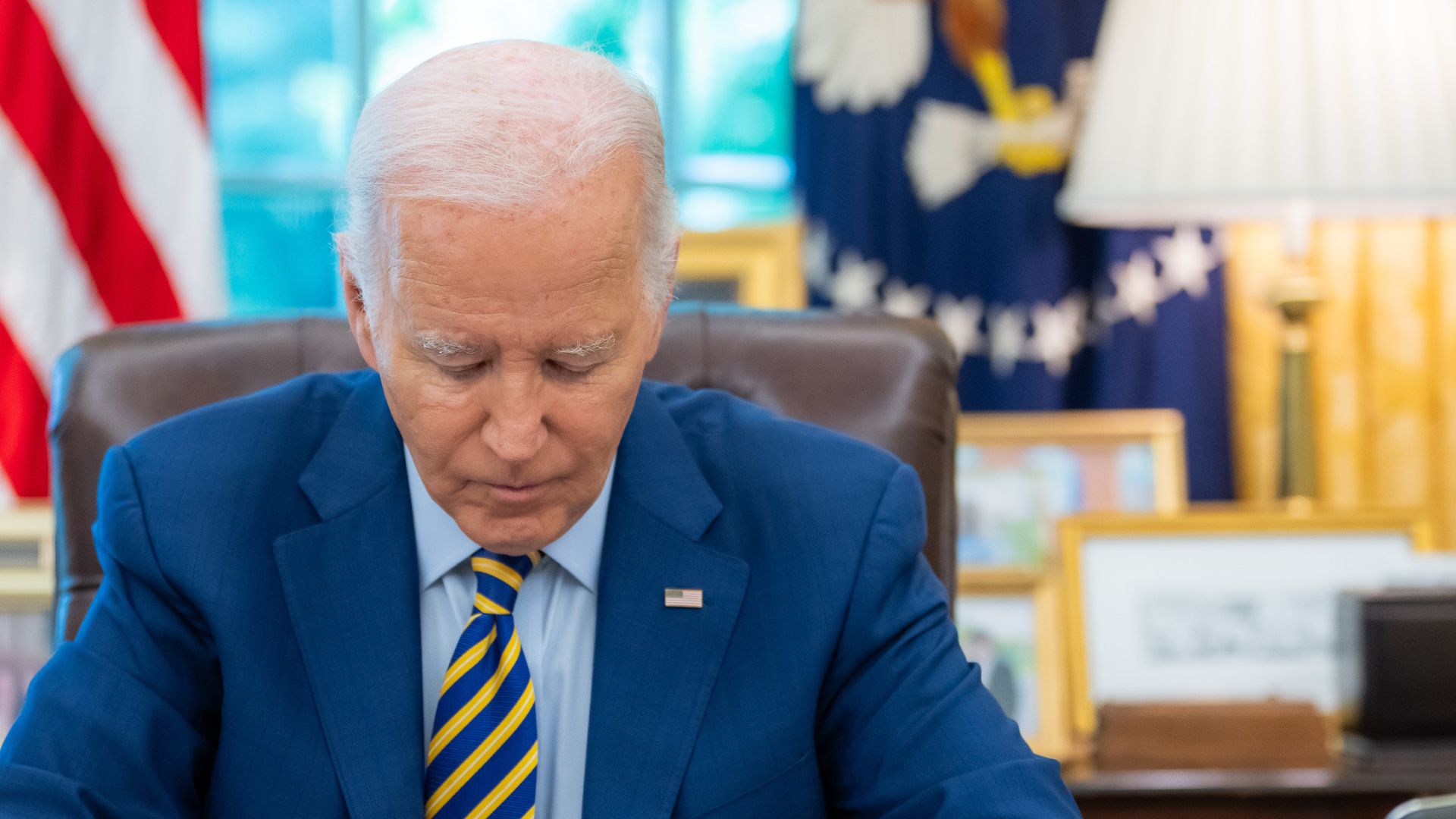
The ruling coincided with President Biden’s introduction of a new policy aimed at simplifying the residency process for some noncitizen spouses.
Despite this timing, the nuances of Muñoz’s case did not benefit from the new policy, highlighting ongoing challenges and limitations within U.S. immigration law.
